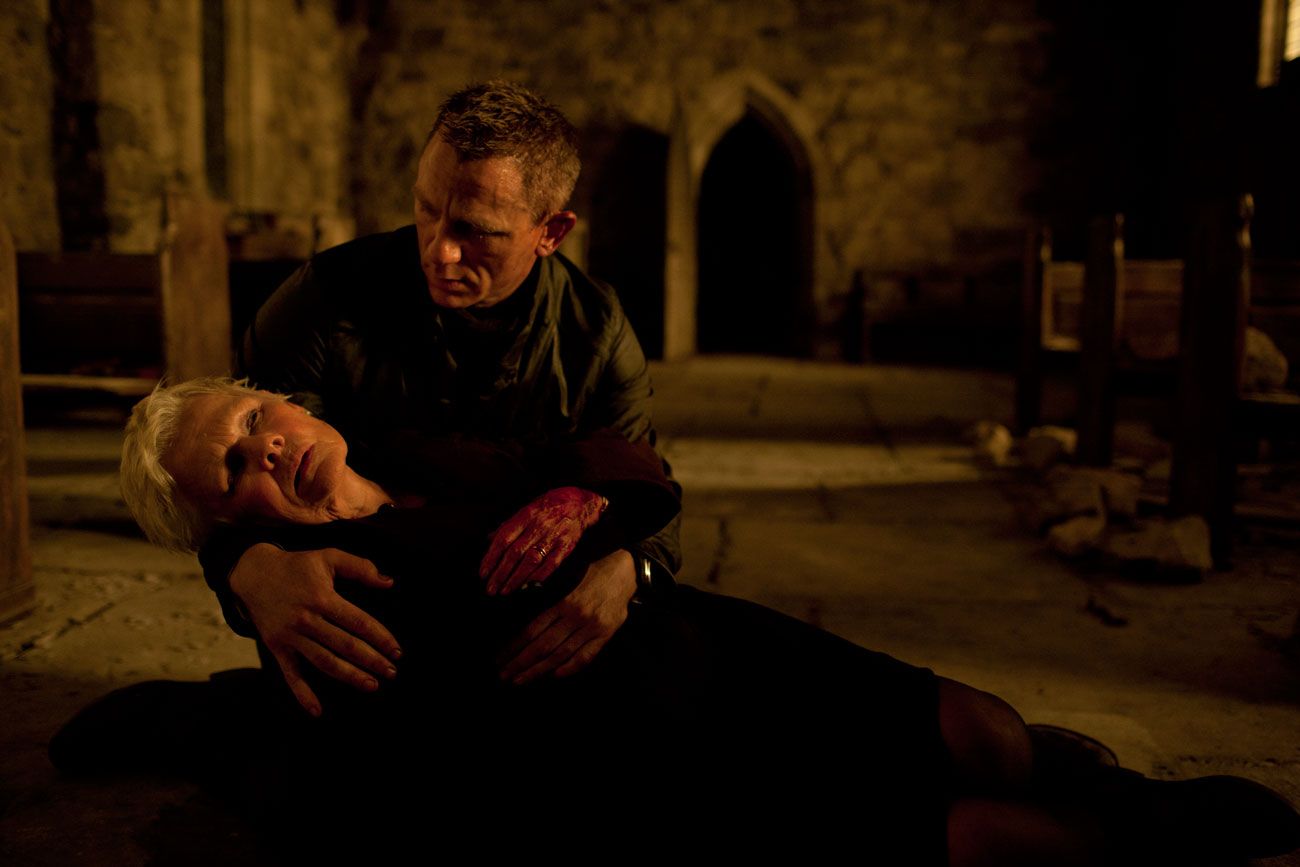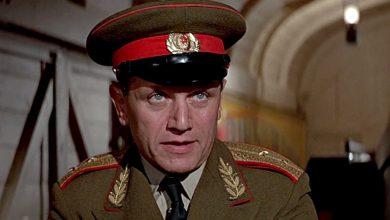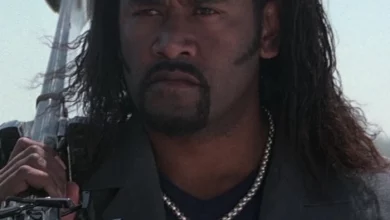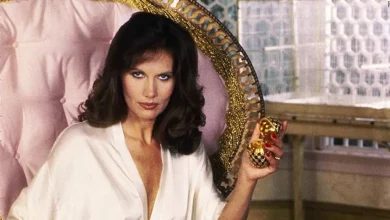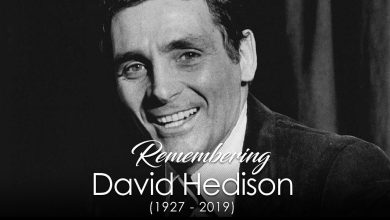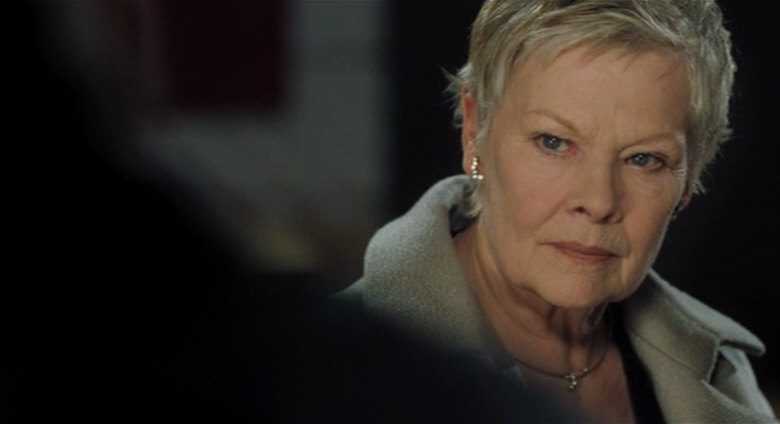
The James Bond series, spanning over half a century, has given audiences thrilling adventures, iconic villains, and unforgettable moments. One such moment that left fans both shocked and intrigued was the death of M in “Skyfall.” As one of the central figures in the series, M’s unexpected departure raised many questions. This article delves deep into the reasons, implications, and the narrative significance of this pivotal event in the Bond saga.
For many, M was not just the head of MI6; she was the moral compass, the stern voice of reason, and in many ways, the heart of the series. Her demise in “Skyfall” wasn’t just a plot twist; it marked the end of an era and set the stage for a new chapter in the Bond narrative.
Key Takeaways
- M’s character has evolved over the years, with her death symbolizing the end of an era and the beginning of a new one.
- The themes of “Skyfall,” including aging, betrayal, and sacrifice, align with the narrative choice of M’s death.
- M’s death added dramatic tension to the film and created a deep emotional connection with the audience.
- The aftermath of M’s death paves the way for new characters and dynamics in the series.
- Fan reactions to M’s death were mixed, with many expressing shock and sadness, while others appreciated the bold narrative choice.
Why did they kill M in Skyfall?
The 2012 film “Skyfall” is the 23rd installment in the iconic James Bond film series. One of the most significant events in this movie is the death of M, the head of MI6 and James Bond’s mentor. But why did the creators decide to kill off this iconic character? In this article, we’ll delve into the possible reasons behind this bold decision.
Film Background
Before diving into the reasons for M’s death, it’s crucial to understand the film’s context. “Skyfall” unfolds after Bond is presumed dead, and MI6 is under threat from a former agent, Raoul Silva, who seeks revenge against M.
1. Character Evolution of M
- Character Tenure: M, portrayed by Judi Dench, first appeared in “GoldenEye” in 1995. After seven films and nearly two decades, it might have been time for the character to have a memorable conclusion.
- Fresh Start for the Franchise: With Daniel Craig stepping in as James Bond, the series took a darker, more realistic turn. M’s death could symbolize the end of an era and the beginning of a new one.
2. Symbolism and Themes of the Film
“Skyfall” addresses several themes, including aging, betrayal, and sacrifice. M’s death fits seamlessly into these themes.
- Aging and Obsolescence: Throughout the film, both Bond and M grapple with whether they’ve become obsolete. M’s death might symbolize the inevitable end of the old guard.
- Sacrifice: M sacrifices herself for the greater good of MI6 and to protect her country, reflecting the film’s pervasive theme of sacrifice.
3. Dramatic Impact
M’s death adds dramatic tension to the film and heightens the stakes for James Bond. It also creates a deep emotional connection with the audience, who’ve followed M’s character for many years.
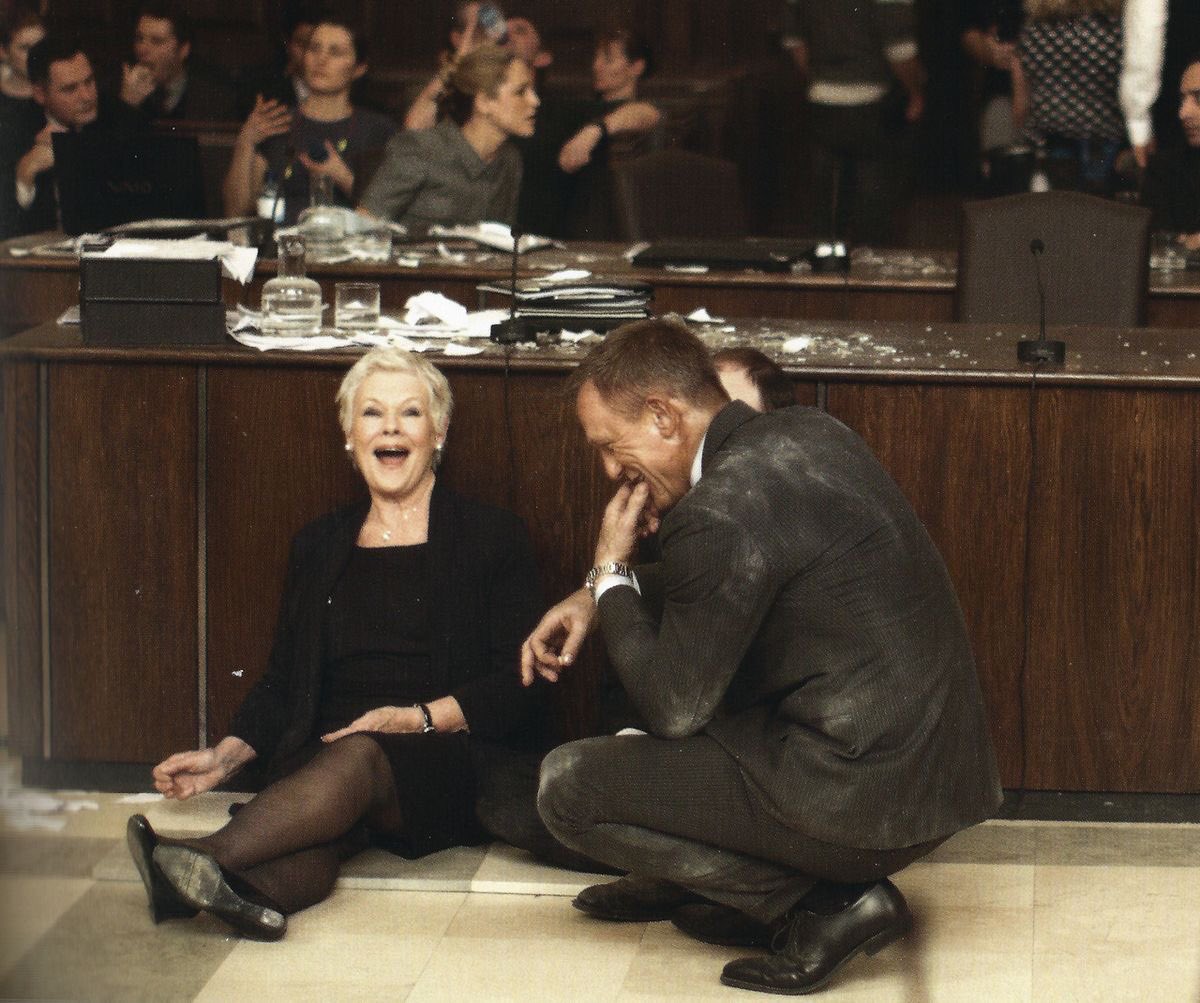
4. Introduction of New Characters
With M’s demise, new characters can be introduced into the series. This provides an opportunity to explore fresh dynamics and relationships in subsequent films.
Frequently Asked Questions
1. Why was M’s character so significant in the James Bond series?
M’s character served as the head of MI6 and was a constant in James Bond’s life, providing guidance, support, and often reprimanding him for his unorthodox methods. Over the years, M became more than just a boss to Bond; she was a maternal figure, especially in the films where Judi Dench portrayed her. This deep bond and trust between the two characters added layers of complexity to their relationship, making M’s death even more impactful.
In the broader context of the series, M represented the establishment and the bureaucracy of the spy world. While Bond was out in the field, taking risks and facing danger, M was the anchor back home, making tough decisions and bearing the weight of responsibility. Her character was a reminder of the stakes at play and the importance of the missions Bond undertook.
2. How did fans react to M’s death in the film?
The death of M was a significant shock to many fans of the series. For years, M had been a staple in the Bond films, and her sudden demise was both unexpected and emotional. Many fans expressed their sadness online, sharing their favorite M moments and praising Judi Dench’s portrayal of the character.
However, some fans also appreciated the bold narrative choice, feeling that it added depth to the story and allowed for character growth, especially for Bond. It sparked discussions and debates among fans, making “Skyfall” one of the most talked-about films in the series.
3. Who took over M’s position after her death?
After M’s tragic death in “Skyfall,” her position as the head of MI6 was taken over by Gareth Mallory, portrayed by Ralph Fiennes. Mallory, a former Lieutenant Colonel in the British Army, initially clashed with Bond but later showed his loyalty and capability.
Mallory’s military background and his different approach to espionage brought a fresh perspective to the role. While he maintained the authority and responsibility associated with the position of M, he also displayed a willingness to get involved in field operations, showcasing a more hands-on approach.
4. How does M’s death compare to other significant deaths in the Bond series?
The James Bond series has seen its fair share of character deaths, but M’s death stands out due to her prominence and longevity in the series. While characters like Vesper Lynd in “Casino Royale” had profound impacts on Bond’s character development, M’s death marked the end of an era.
Other significant deaths, like that of Tracy Bond in “On Her Majesty’s Secret Service,” were also deeply emotional and affected Bond’s character. However, M’s death was unique because it was a departure of a character who had been a consistent presence, guiding and challenging Bond over multiple films.
5. Was M’s death foreshadowed in earlier films?
While “Skyfall” took many by surprise with M’s death, there were subtle hints in previous films about her potential departure. In “Casino Royale” and “Quantum of Solace,” there were increasing tensions between M and higher authorities, suggesting that her position was under scrutiny.
Additionally, the dangers of her job were highlighted in several films, with M facing threats and challenges that put her life at risk. However, none of these instances directly foreshadowed her death, making the event in “Skyfall” all the more shocking.
6. How did Judi Dench feel about her character’s ending?
Judi Dench, who portrayed M for nearly two decades, had mixed feelings about her character’s departure. In interviews, she expressed sadness at leaving the role but also appreciated the dramatic weight her character’s death brought to “Skyfall.”
Dench had become synonymous with the character of M, and her portrayal was beloved by fans and critics alike. While she understood the narrative reasons for M’s death, leaving the iconic role was undoubtedly bittersweet for the acclaimed actress.
7. Are there any theories about alternative endings for M?
Yes, like many significant events in popular films, there are fan theories and speculations about alternative endings for M. Some fans believe that M could have gone into hiding, similar to Bond’s presumed death earlier in the film. Others theorize potential plot twists where M’s death was staged as part of a larger plan.
While these theories are intriguing, the filmmakers have confirmed that M’s death in “Skyfall” was a deliberate narrative choice, and there were no alternative endings filmed or seriously considered for the character.
8. How does M’s death impact the future of the James Bond series?
M’s death has a profound impact on the series, both narratively and thematically. Narratively, her death paves the way for new characters, like Gareth Mallory, to take on significant roles. It also adds depth to Bond’s character, giving him more personal stakes and challenges to overcome in subsequent films.
Thematically, M’s death reflects the series’ exploration of themes like aging, obsolescence, and the changing world of espionage. It serves as a reminder of the personal costs and sacrifices associated with the spy profession.
9. Were there any other significant character departures in “Skyfall”?
While M’s death was the most notable character departure in “Skyfall,” the film also introduced several new characters and hinted at potential exits for others. For instance, the character of Q, the quartermaster of MI6, was reintroduced with a younger portrayal by Ben Whishaw, signaling a generational shift.
Additionally, the film hinted at potential changes in the roles of other recurring characters, suggesting that “Skyfall” was a transitional film for the series, setting the stage for new stories and character dynamics.
10. How does M’s relationship with Bond in “Skyfall” compare to their relationship in earlier films?
In “Skyfall,” the relationship between M and Bond is more personal and complex than in previous films. While they’ve always shared a professional bond, “Skyfall” delves deeper into their personal connection, with Bond going to great lengths to protect M from Silva’s threats.
In earlier films, their relationship was often characterized by M reprimanding Bond for his reckless actions, while Bond respected and occasionally challenged her authority. However, “Skyfall” showcases a deeper mutual respect and understanding, highlighting the depth of their bond and making M’s death all the more poignant.
Conclusion
The death of M in “Skyfall” is a testament to the ever-evolving nature of the James Bond series. While the films have always been known for their action-packed sequences and charismatic villains, it’s moments like these that add depth and emotional resonance to the narrative. M’s departure from the series was not just a plot device; it was a reflection of the series’ ability to adapt, change, and remain relevant.
As fans, while we mourn the loss of beloved characters, we also look forward to the new directions the series might take. The James Bond saga, with its rich history and legacy, continues to surprise and engage us, proving that even after so many years, it still has many stories left to tell.


